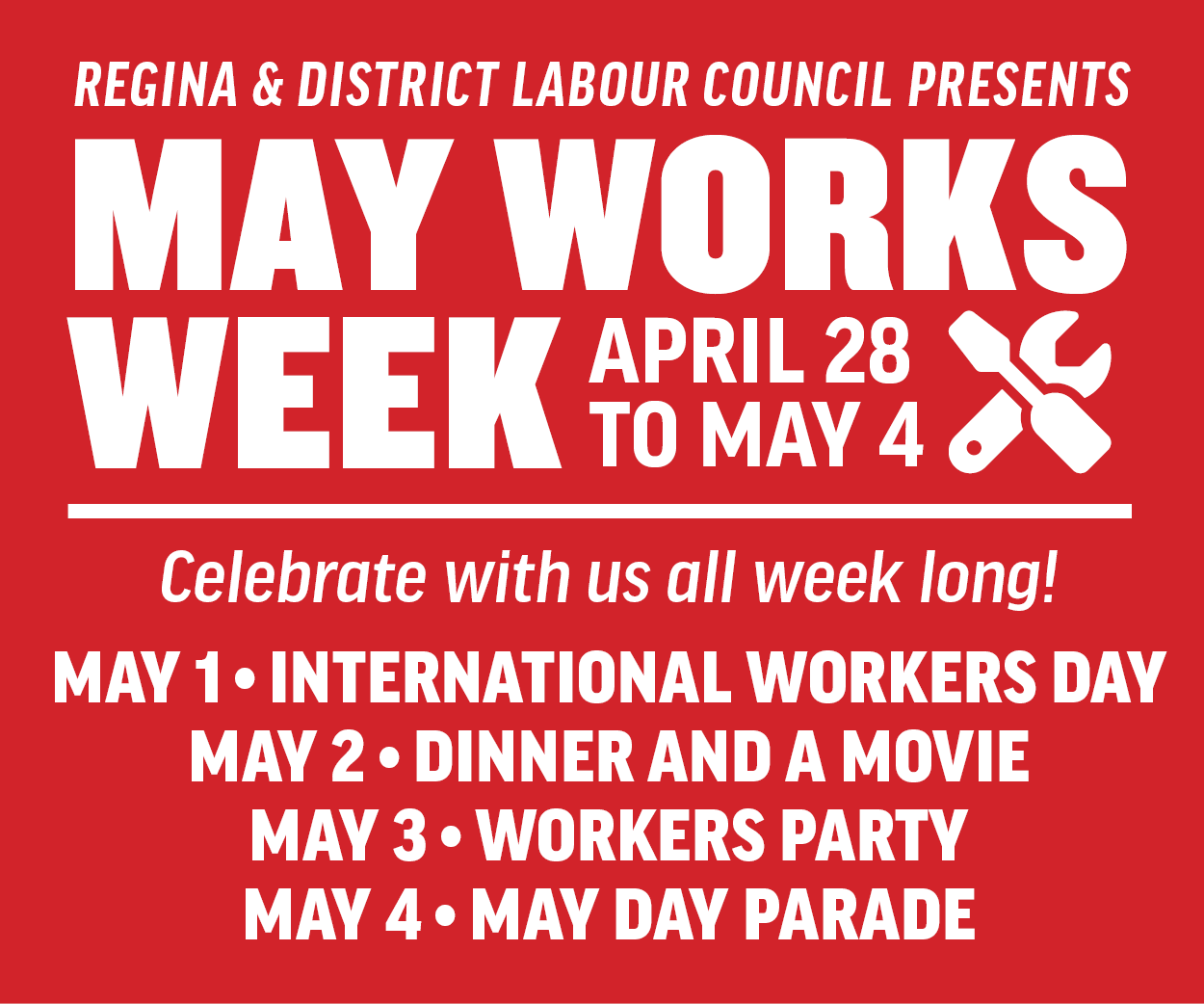As soon as Chris up at Planet S suggested I do a piece on psychic, Chip Coffey (complete Coffey interview here), I knew I wanted to talk to a professional magician who has some first-hand knowledge of how psychics work.
And I was lucky enough to get a hold of Mark Edward. He works as a mentalist and magician and also as a psychic entertainer — that’s someone who puts on readings and seances but doesn’t pretend that what he’s doing is in any way supernatural. He lets the audience know that it’s all tricks and craft.
He also works with the Center For Inquiry and recently published Psychic Blues: Confessions of a Conflicted Medium, a memoir of his time working the 900 lines as a psychic, learning the secrets of the industry.
Last year, Edward was ejected from a Chip Coffey show in Los Angeles for giving out cold reading tip sheets.
He refers to Coffey as a “grief vampire.”
Below the fold, an excerpt from our interview.¹
Prairie Dog: People always say to me about shows like Chip Coffey’s, “What’s the harm? It just harmless fun.” How is this not harmless?
Mark Edward: It’s not harmless to the majority of people. It might be harmless to the people who are just dabbling with an open ear and have nothing better to do.
To seriously bereaved people it’s a way to get a hook in them, an emotional hook that mediums use to draw people in. And once they’ve drawn you in they do not let go. That’s the danger.
You know whatstheharm.net? Look at that.
I have personal experience. I’ve done some television investigations. I know what it does. It is not harmless. I think the large majority of people who think that it’s harmless are the mediums themselves or the people who work right with them.
But if you’re a bereaved person who’s had a missing or murdered child, it’s not harmless.
Some people say it gives comfort. Well, I think if somebody were to do a survey or some organized attempt to find out you’d probably see that the harm far outweighs any comfort it might give to a certain percentage of people. But once the hook is in, they don’t let go.
[Grief] is a depression that people need to seek a certified grief counselor for, they do not need to go to a medium. That’s the worst way to go.
PD: Is there money is the psychic industry?
ME: Oh yes, millions. Especially if you have books and you have these tours set up. These tours are set up to basically get as many people lined up to get private readings from. They’re not just like a magic show where the guy comes in pulls a rabbit out of his hat and goes to the next town. They want to get as many people as they can on their books. Some of the mediums you hear, they’re booked for five or six years in advance, that’s because their agents and their managers stay behind long after a Chip Coffey has gone up to his hotel room, and they make sure that they get emails, addresses.
Also if you buy a ticket to his show, they have your credit card information. And with that you can do a whole lot to find out about people using Facebook and Twitter and Foursquare. If you have somebody’s credit card number you can work miracles.
PD: Will psychics actually use credit card information?
ME: Absolutely. I know that for a fact.
Not necessarily in the [Coffey] show. They can use it in the show but frankly Chip Coffey is one of the worst because he doesn’t even use the methods that are available to him. That I know of. He might be using them now. But I know of other mediums that are on the road that do use that. If you have an assigned seat, let’s just say I know of somebody, if you have a ticket to this particular medium’s show, and you use your credit card, they do a search to find out information on you. And they only need four or five people per show. But once they know where that person is sitting, and a few bits of golden information they can sprinkle it in herea and there, it makes it pretty convincing and miraculous. We know that that’s going on.
There is so much information out there. When you’re a performing magician or mentalist it’s called pre-show. When you’re a medium it’s called fraud. It goes on all the time.
In the case of Chip Coffey he’s just lazy. He’s terrible. He’s not even a good mentalist. He’s not even entertaining. He’s just using basic cold reading — at least when I saw him — and everybody just loves him so much he doesn’t have to do anything.
To those people who are cheering who are into ghost hunting without science, who buy all his books, they just think he’s the greatest thing.
If you’re going to do any sort of operation you have to use what I call guerilla skepticism. It’s not important to convince the audience that he’s a fraud, that’s a total waste of time, they would just boo you and have you removed. What you have to do is let him know that there are people in the audience who are skeptics who are recording it. We recorded it, we took notes, we made various transcripts that we will use later in articles and in various ways that the public will see.
I think one of the keys is if you’re going to be an activist is don’t try to protest to the believer because you’ll just waste your time. But if you let him know that he has some enemies in the audience… we made him very uncomfortable and that was very satisfying.
PD: You used to work as a professional psychic. And you’re a mentalist…
ME: I want to make it clear that the reason I wrote the book and the reason that I was a psychic was to uncover this stuff. My idea was to infiltrate, my goal was to get as far inside that psychic market as I could. All the time I was a psychic I was never a believer. I was watching for methods, I was learning the tricks of the trade. I was never a quote professional psychic. Because if I was a professional psychic I’d still be doing it today and I’d be much more wealthy than I am. I’d be living the high life.
There are many cons and scams that go on every day. A lot of them have been around for decades or even centuries. I think the newer stuff that people really have to watch out for is giving your information out too freely because it will be used against you.
PD: One of the main methods psychics use is cold reading. Can you give me a short, quotable definition of that?
ME: The best way to describe it is we are all more alike than we are different. Once you understand that premise, there’s only a handful of things that we all really strive for. Sadly, it’s true. Basically, it’s love and money and health and travel. You can count the basic tenets on one hand. You’re just toggling between those different things and course correcting as you go along to ascertain what the person is really there for. If you don’t know, if you didn’t do pre-show and you don’t have a clue, you just watch for body language and their responses and it’s like a crash course in salesmanship. If you’re a good salesman and you work in a shoe store and you’ve done that for 30 years, as soon as somebody walks in the door, before they get into your personal space, you pretty much already know what kind of shoes they want, how much money they’re going to spend.
It’s a sixth sense but it’s not supernatural.
PD: It’s related to how we’re pack animals and are built to understand what everyone is up to.
ME: Yeah, it’s instinct.
The way I say it, a professional psychic is somebody who is fearless enough to make bold statements as if they’re fact. And also you say things, regardless of whether the person wants to hear it or not, you just let ‘er rip.
PD: Do you think Chip Coffey is a con artist or a true believer who’s conning himself?
ME: A true believer is different from somebody who is conning himself.
There’s really only two ways to look at this, and this is based only on my experience, my experience of 30 to 35 years of working and being around this element, there’s two ways, they’re either an outright charlatan who’s totally bilking the public or they are deluded and they think they have some kind of power.
The way I look at it is, nothing is impossible just less likely. Which is more likely? I think you have to asses that on a case by case basis. But in my experience people who are deluded who think they have some sort of ability don’t go on book tours and do not stand up in front of huge groups of people. A lot of them are really terrified by this ability, it’s like a mental illness, schizophrenia or something like that.
You have to look at it pretty logically. Logic tells me that if you’re coming away from an arena show with $150,000, you’re a con artist.
Granted, once you start getting testimonial letters and people start saying how blessed you are and what a gift you have, you can start to believe in yourself which can build a delusion and you can become delusional. But I seriously doubt that Chip Coffey falls into that category.
I’ll stop short of calling him a fraud because he’s very litigious. He’s gone after many people who I know who have called him out. And he has lawyers and he has backers.
But what is more likely? If you could talk to dead people you would be the most dangerous person on the planet.
I go through each day looking at these people and saying, “Why don’t people think of the logic?” It just boggles the mind. It’s okay to have a spiritual side. I have no problem with that, but talking to dead people? Let’s put it this way, you can talk to dead people but saying that they answer you back is the problem. Because if that was possible you would be somewhere in a bunker with your head wired by the CIA. Science and the CIA would already know about it.
PD: What do you think about his Psychic Kids show?
ME: I think it’s disgusting. It’s tantamount to child abuse. I’ve never watched it because I couldn’t stomach it.
It’s partially the parents’ fault for encouraging him to get his hooks into their kids. But I can’t imagine… Some of these [kids], I think they were 10 or 11 years old and he was telling them how to get in touch with their spirit guides. Ten or 15 years from now those kids are going to be mightily messed up. I can only hope that they will come back and exact some kind of vengeance on him.
* * * * * * * * * *
FOOTNOTE
¹ I didn’t transcribe the entire interview because I was short on time. I only took down the stuff I thought I’d use in the article.




